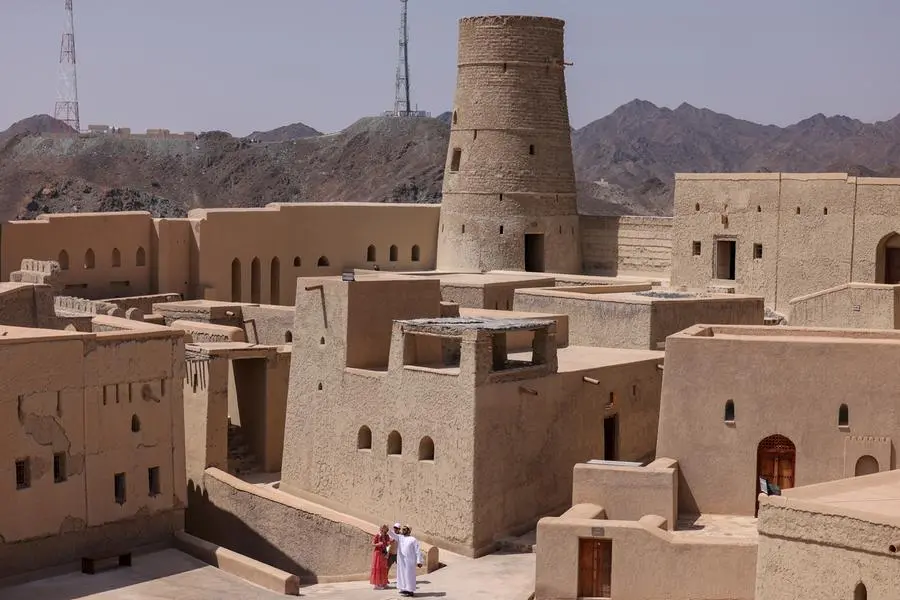PHOTO
Tourism has a wide range of benefits that go beyond simple travel and leisure, from increasing income and generating jobs to encouraging cross-cultural interactions and environmental conservation. Authentic cuisine, lively marketplaces, exciting festivals, and an unmatched cultural experience pull tourists to a specific location. Behind all this, an invisible force that takes charge is often overlooked: entrepreneurs. In the tourism industry, entrepreneurship entails seeing opportunities, developing creative concepts, and taking measured risks to launch businesses that satisfy the wants and needs of tourists by creating truly memorable experiences.
Entrepreneurship continuously promotes community involvement in tourism supply chains. Tourists spend money on hotel stays, transportation, eating, shopping, handicrafts, entertainment, clothing, and other activities. The revenue resulting from these activities can help boost the local economy, generate new jobs, and slow migration to cities. In addition to providing local communities with economic benefits, entrepreneurs can contribute to preserving customs and promoting cultural awareness, enabling them to deliver visitor experiences that will be treasured. The best examples of how Omani entrepreneurs incorporated heritage, culture, and customs to offer services are Misfat Al Abryeen Old House, The Suwgra Legacy Inn in Jabal Akhdar, Al Hamra Heritage Inn, Homestays in Bidiya, Kadm Café in Bahla, and Rozna Restaurant in Muscat.
Many places in Oman offer tourists a once-in-a-lifetime experience, and entrepreneurs should be encouraged in these places to better cater to tourists’ needs.
Sustainability is becoming a top priority for policymakers worldwide, and organisations such as the United Nations-Tourism (UN Tourism) recognize its importance. Entrepreneurship is crucial for sustainability, social responsibility, and reducing environmental harm in the travel and tourism sectors. Entrepreneurs also help create sustainable jobs by hiring locals, working with local tour guides, and designing itineraries that highlight the region's history, customs, folktales, and festivals. Young Omanis have great potential to develop their business by capitalizing on cultural and natural resources within the Sultanate. For example, Omani entrepreneurs can create unique tourism experiences based on Turtle Reserves, Al Wusta Wetland Reserve, Frankincense Trail, and Rose Gardens in Jabel Akdhar, climbing and trekking in Jabal Shams, and events in Salalah and Muscat.
The hospitality sector is another important area in which entrepreneurs support the enhancement of visitor experiences. The foundation of tourism is the hospitality sector, which depends heavily on the individuality and meticulousness of business owners.
Small businesses that cater to a specific clientele, such as cafés, restaurants, hotels, and tour operators, are frequently better at providing individualised experiences than are larger organisations. This focus on little things can have a significant impact on how visitors feel about a place, including whether they decide to return or suggest it to others. Anat Café in Nizwa, Bait Al Luban Omani Restaurant in Mutrah, Dukanah Cafe in Bousher, Al Diwaniya Omani Sweets in Muscat, and many more are the best examples of providing authentic Omani food experiences to tourists.
Additionally, entrepreneurship helps Oman's tourism experiential offerings to become more diverse. Conventional tourist locations frequently depend on a small number of well-liked attractions. Entrepreneurs can introduce new goods and services to increase destination attractiveness. Through the development of lesser-known areas, entrepreneurs contribute to a more equitable distribution of the monetary benefits of tourism throughout a nation, relieving pressure on busy tourist destinations and offering visitors alternate options.
To date, Omani entrepreneurs have been able to provide tourists with a wide range of inventive goods and services, particularly in close proximity to popular tourist destinations such as Muscat, Nizwa, Sohar, and Salalah. Nevertheless, there remains a need to broaden its reach and provide services to other less-known tourist areas.
Many places in Oman offer tourists a once-in-a-lifetime experience, and entrepreneurs should be encouraged in these places to better cater to tourists’ needs. For example, balcony walks in Jabal Shams and Jabal Akdhar; rock climbing in Wadi Dayqah; mountain biking in Wadi Bani Auf; kayaking in Bandar Khayran and Wadi Shab; snorkeling in the Daymaniyat Islands; fishing in the Musandam peninsula; camping in Wadi Ghul and Sharaf Al Alamayn; dune bashing in Wahiba Sanda; camel trekking in Rub’ al Khali; stargazing in Ramlat al-Wahiba; historic site visits to the ancient city of Qalhat; archaeological sites of Bat, Al-Khutm, and Al-Ayn; dolphin watching in Khasab; turtle watching in Ras al Jinz; birdwatching in Barr Al Hikman and Khawar Rori. By providing unique experiences and tourism services in these areas, Omani entrepreneurs can attract more travelers who seek more than just sightseeing and can provide enduring memories. These unique experiences help increase a destination's competitiveness in the global market. However, to reap benefits, local communities should be trained in specialist areas such as tour guides, adventure travel specialists, hospitality specialists, culinary experts, tour operators, event specialists, front office staff, digital media experts, and technology specialists.
In summary, the significance of entrepreneurship in Oman's tourism sector cannot be adequately emphasized, as the development of tourism and entrepreneurship are closely related, with each being indispensable to the other. The growth, conservation, and diversity of tourism are greatly dependent on visionaries known as entrepreneurs, who see possibilities where others perceive barriers. Although the tourism industry offers a conducive environment for entrepreneurship, entrepreneurs also provide essential products and services to ensure tourist satisfaction. Therefore, promoting entrepreneurship needs to be at the center of Omani national policies as they work to revitalize and grow their tourism industries.
2022 © All right reserved for Oman Establishment for Press, Publication and Advertising (OEPPA) Provided by SyndiGate Media Inc. (Syndigate.info).
x





















